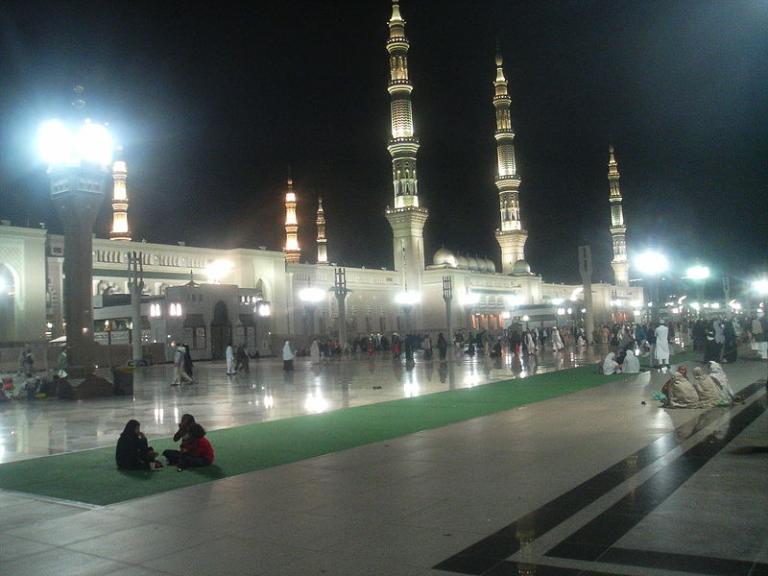
Three more passages extracted for my notebook from Michael Bonner, Jihad in Islamic History: Doctrines and Practice (Princeton and Oxford: Princeton University Press, 2006):
Seen in this way, are these jihadists of today the direct heirs of the raiders and ghazis of the ‘Abbasid, Ottoman, and other premodern Islamic empires and states? For a number of reasons, the answer seems to be “no.” To begin with, they do not follow the classical rules (ahkam) that prohibit, for instance, the deliberate killing of noncombatants, especially women and children — and also outlaw suicide. Furthermore, in premodern Islam, while many military campaigns and expeditions were conducted solely for the purpose of depredation and destruction, the possibility of conquest was always present, even if only as an ideal. Today’s jihadists, by contrast, seem to have no program of conquest, or to put it in more acceptable terms for today, no viable, practical project of building a new state and a new society. Finally, the contemporary jihadists, like all fundamentalists, express little interest in what went on in the Islamic world under the ‘Abbasids or the Ottomans. Instead, they concentrate mainly on Muhammad’s Medina and on the period immediately afterward. For all these reasons, the link between the classical ghazis and the contemporary jihadists is problematic at best. (171-172)
Participation in violence and war is only part of the story, though we must not undervalue it. Modern Islamist movements have, of course, long been aware of these various options: we see this especially in their charitable and social welfare networks. But from this point of view, the contemporary jihadists — the violent wing among the fundamentalists — seem different. It is hard to avoid the impression that for them the point is simply violence and killing, while care for the unfortunate, generosity, and socially and politically constructive activities, in general, are all matters of indifference. (172-173)
In the debates over Islam that have taken place, especially since September 11, 2001, some have insisted that the jihad, and Islam itself, are all “about” peace. Others have proclaimed the opposite, that they are all “about” war. The accusation that the terrorists have “hijacked” Islam fits into this pattern of argument. But, of course, the jihad and Islam cannot be all “about” any one thing. Still others, looking at the matter from relativist and comparative perspectives, have argued that in any religious tradition there are conflicting elements that gain the upper hand at different moments in its history. If the warlike tendency in Islam has gained ground at the present moment, this has happened in other religious traditions before — most notably in European Christianity — and no doubt will change for Islam as well. (173)










